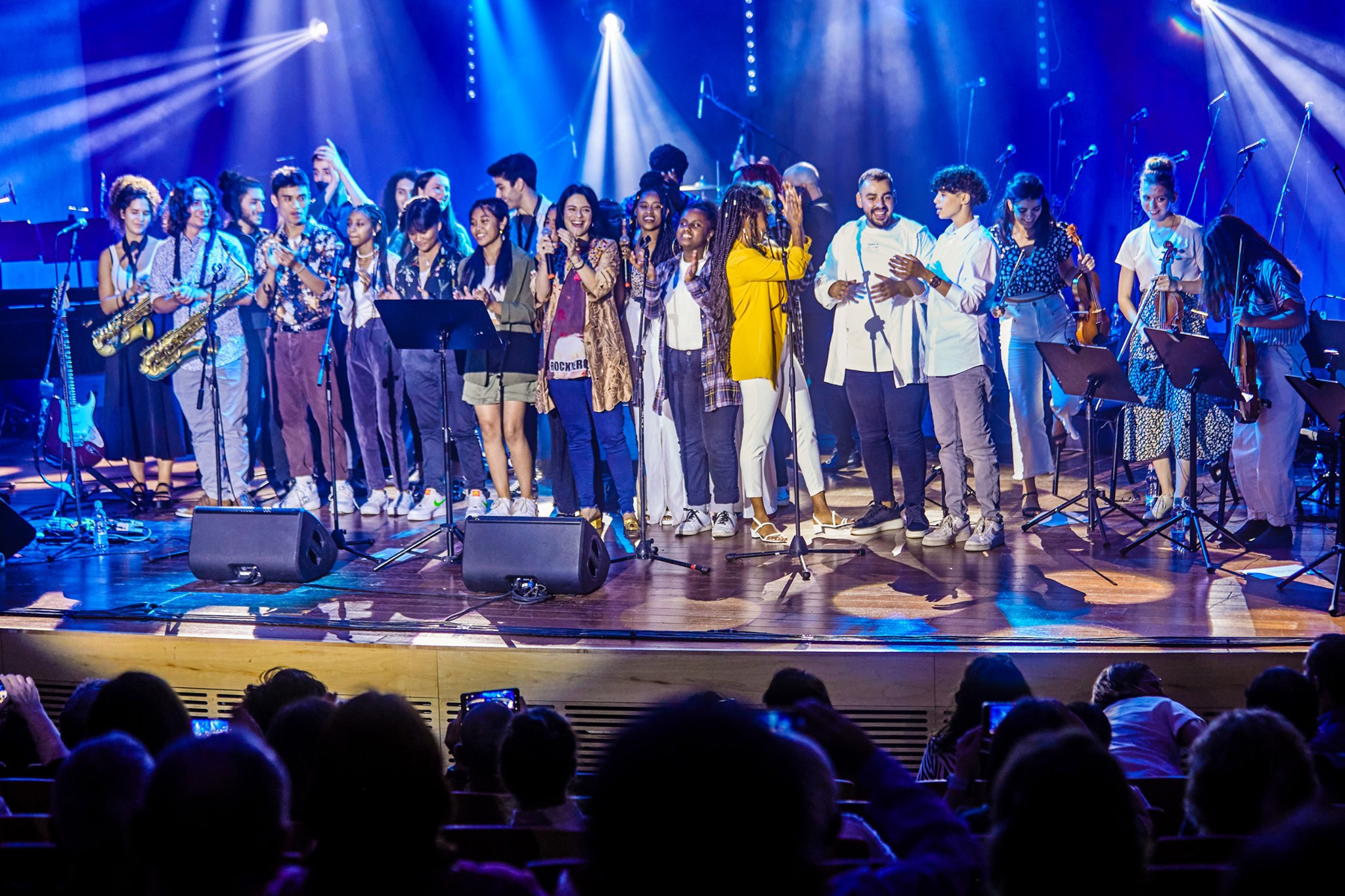PROJECTS
HEALTH & WELFARE /
Background:
As of September 2021, the labor market was experiencing a shortage of approximately 14,000 engineers. The demand for technological workers with degrees in high-tech professions, especially university graduates, is expected to be significantly higher in 2023 than the existing supply, and between 100 and 200 thousand employees will be needed in the high-tech sector by 2026.
Scientists and technologists are in short supply due to Israel’s failure to teach science and mathematics – in the 2014 PISA test, Israel ranked 41st out of 70 participating countries.
The students who manage to choose and persist in extended science studies are mostly the ones who receive the best opening conditions: 63% of the examinations in five science unit studies are conducted by male students and 37% by female students. Most of the examinees (79%) are Jews, followed by 17% Arabs, 3% Druze, and 2% Bedouins.
The project:
HEMDA (abbreviation for “scientific education”) has operated as a scientific education center in Tel Aviv-Jaffa since 1991. HEMDA’s unique model brings together all the city’s students who study physics and chemistry at the level of five units of study into one center to provide a high-quality scientific education. Among the components of this education are study of the subjects at the level of five units, preparation for the matriculation exams, and enrichment beyond the curriculum of the Ministry of Education in the fields of physics, chemistry, computational science, and research physics. The highest level of science education is provided to students from the north and south of the city, including Jews, Muslims, and Christians.
In Hamada, the teaching of science is centered on practical experience in the laboratory. HEMDA has positioned Tel Aviv-Jaffa as a leader in the field of science education in Israel. HEMDA works in collaboration with the Weizmann Institute, which oversees teaching content and hires only teachers who have advanced degrees and are passionate about the teaching profession.
Impact:
HEMDA supports social mobility and reduces disparities between different groups in Tel Aviv by your support. Furthermore, all HEMDA students receive meaningful learning – not only are high-level science studies valuable for opening doors in academia, the military and the labor market, but they also provide the necessary skills for everyday life in the 21st century, including critical thinking, curiosity, teamwork, and striving for excellence.
Graduates of HEMDA go on to join intelligence units, engineering faculties, and lead Israel’s high-tech industry. It is HEMDA’s graduates who will continue to lead Israel in science, technology, and innovation in the field of science, technology, and innovation. Based on a preliminary study conducted among HEMDA graduates in the past decade, 55% have bachelor’s degrees, 26% have master’s degrees, and 6% have a doctorate degree. approximately 41% of them are employed at a high – tech company, and 13% are engaged in academic research.
-
The Attention Revolution
Transforming Tel Aviv`s Digital CultureBackground The intimate relationship we all maintain with our smartphones can be particularly destructive for children and adolescents. Smartphones consume attention and intensify existing anxieties and fears. Following October 7 , the dangers of uncontrolled use have increased significantly – traumatizing videos have become content accessible to every child and teenager. he Project – Transforming […]
-
The “Children of Music”
Bringing musical education to the heart of YaffoBackground – Lev Yaffo Community Center: Situated in the heart of Yaffo at 3 Nahal Surak Street, the Lev Yaffo Community Center, aptly named, serves a diverse population of young people aged 13-18. This inclusive hub welcomes Jews, Arabs, second-generation immigrants from Ethiopia, and newcomers from Eastern European countries. They all come together to partake […]
-
THE TEL AVIV MUSEUM OF MATHMATHICS
Promoting Science EducationBackground In 1959, Holocaust Survivor and entrepreneur Ivan Moscovich founded the Museum of Science and Technology in Tel Aviv – the world’s first participatory science museum. The museum closed its doors in 1975 but was the inspiration behind Frank Oppenheimer’s Exploratorium in San Francisco (founded in 1969). The Exploratorium itself is the model on which […]




